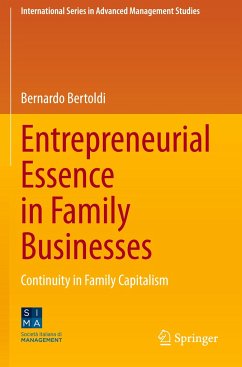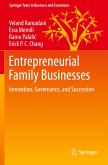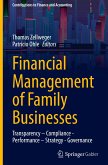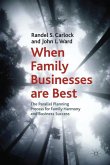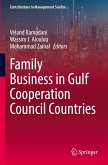This monograph seeks to identify the mechanism that successfully guides the continuity of the family business through generations. Different perspectives have been used through years: from the identification of the entrepreneurial characteristics to the succession model implemented, and to the educational path for the next generations of entrepreneurs. In this context, the book focuses the attention on the link between different generations of entrepreneurs. In particular, it presents and analyzes the evolutive circle of the family business among generations. This approach permits a holistic view of the intergenerational entrepreneurship within the entrepreneurial families and their businesses. Once intergenerational entrepreneurship has been deeply described, two areas in which the next generation must excel are analyzed: the adaptation to the evolution of the external environment, and the leadership attitude.
The author's central message is that evolution happens when the entrepreneurial processes are absorbed by the next generation through the learning of heuristics. Having a leadership style is more than setting a vision, which has to do with strategy and taking important decisions.
The author's central message is that evolution happens when the entrepreneurial processes are absorbed by the next generation through the learning of heuristics. Having a leadership style is more than setting a vision, which has to do with strategy and taking important decisions.

